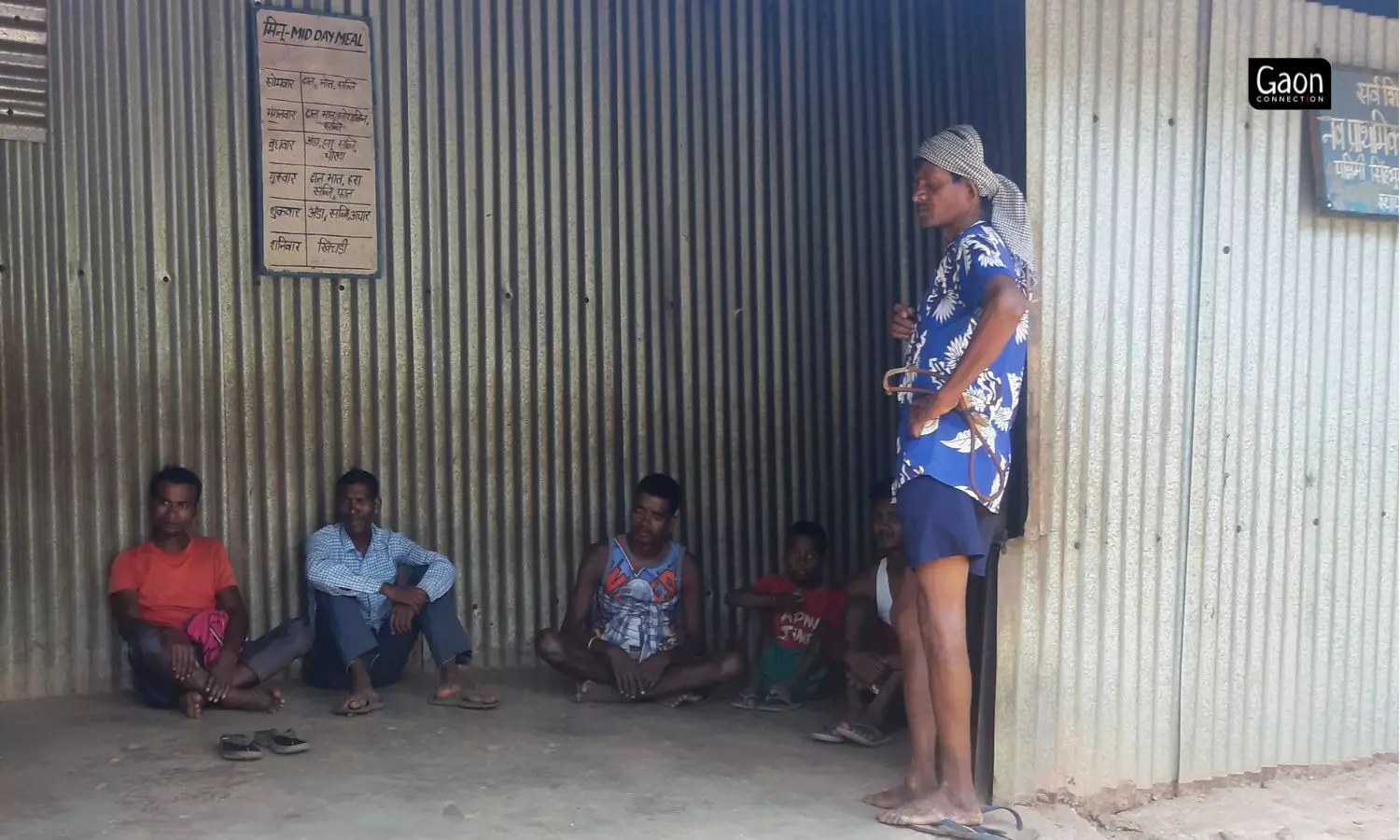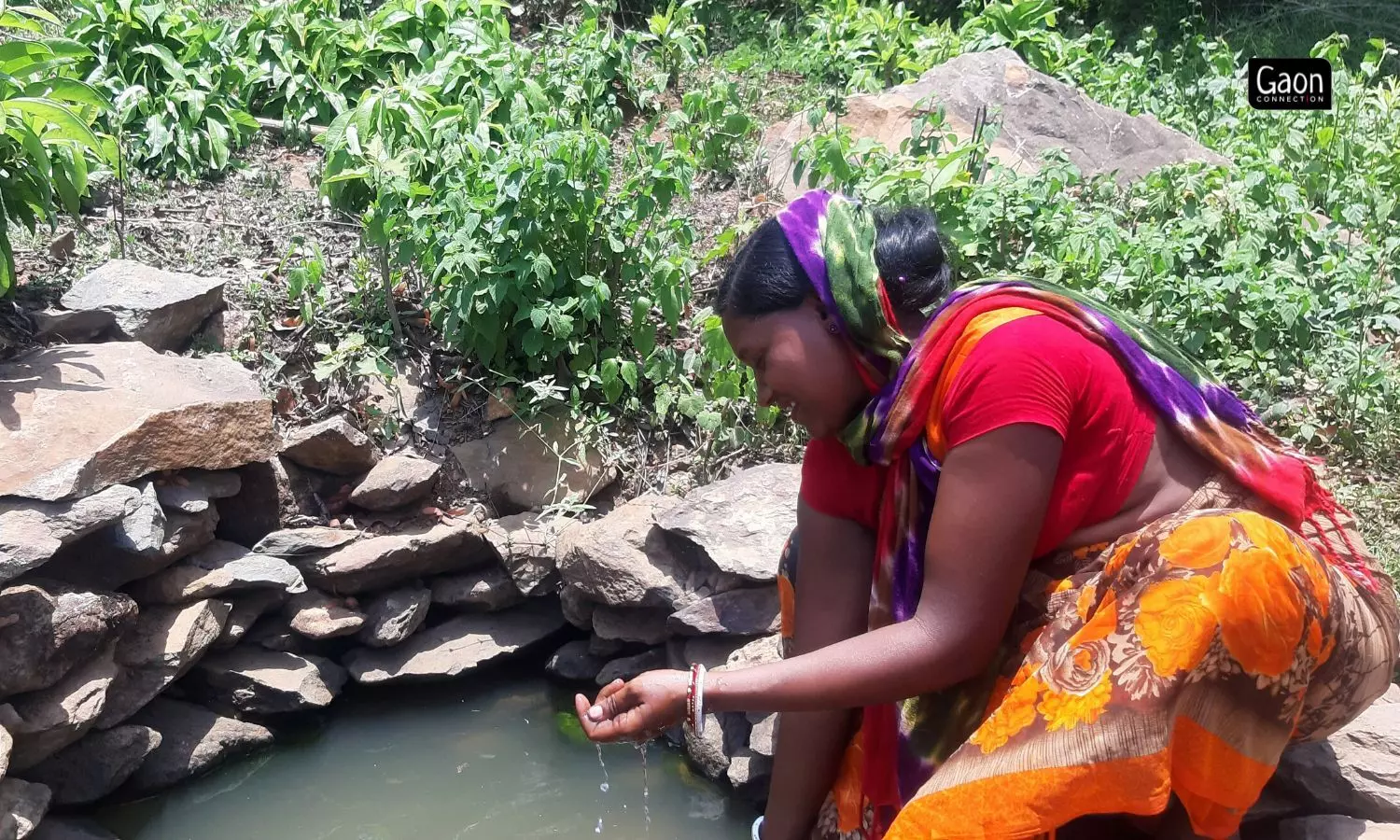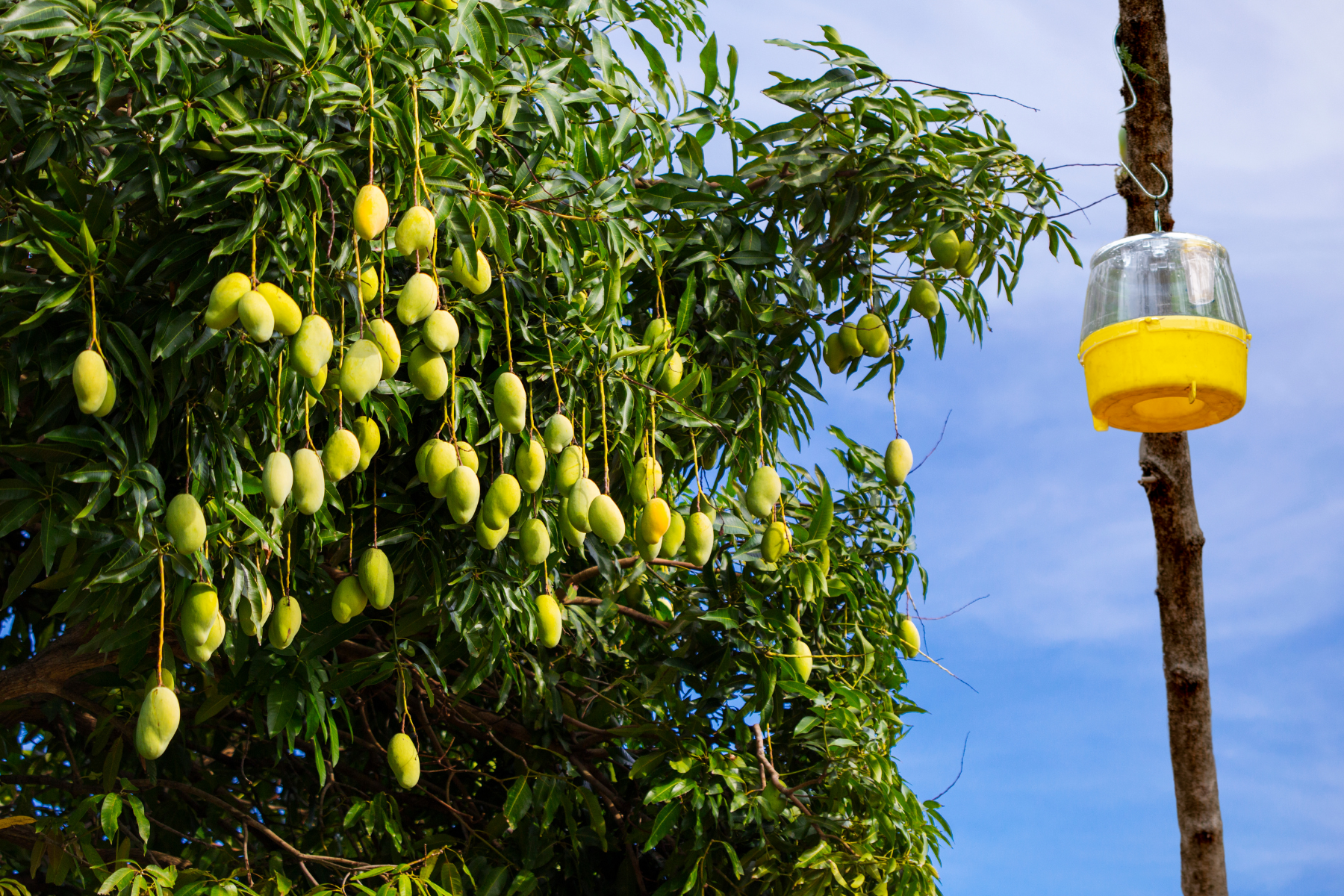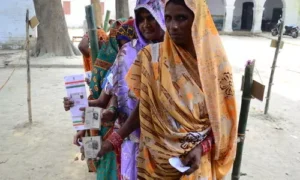Kadodiha (West Singhbhum), Jharkhand
Kadodiha is a very young village, as villages go. It came into existence only in the 1990s during the agitation for the formation of Jharkhand out of the then undivided Bihar. Today 35 tribal families reside in the village surrounded by the dense Saranda forest in West Singhbhum district in Jharkhand.
The forest village, located about 150 kms away from the state capital Ranchi, tells a story of official apathy and utter neglect as it neither has a proper approach road, nor any drinking water source except a local nallah, which villagers complain is polluted.
The government primary school in the village is in shambles too. And the students are forced to drink water out of chuas, which are two to three feet deep dug out pits with stagnant water. The school, Nav Prathmik Vidyalaya, was set up under the Sarva Shiksha Abhiyan in 2010, and 21 children from Kadodiha study there.
School in shambles
Nirmala Longa is the lone teacher who holds classes in the classrooms with tin walls and roof. There are no proper blackboards and students sit on jute bags that they bring from home. One tin room serves as a kitchen where midday meals are cooked for the children, while at a distance is another tin shack that is the toilet.
“I teach classes from one to four, as there are no students in class five. I have no place here to keep the school documents safe and if things do not improve, it will be difficult to keep this school going,” Longa told Gaon Connection.
According to the teacher, the students get free uniforms and books from the state government, but the basic facilities are so bad in school that no one wants to send their children there. The school faces a severe water shortage, she complained.
The students, teacher as well as the cook who prepares the midday meals consume water from two polluted chuas, dug out pits on the ground that are two to three feet deep and have stagnant water in them.

The lack of proper roads to approach Kadodiha is one reason why the school could not get a borewell dug, acknowledged Indra Kumar, Noamundi block education extension officer.
“The chuas are about 100 to 200 metres away from the school building. It is the only source of water for the school students as well as villagers. The water in it comes from the Hurhurkocha nala. Villagers along with their animals use this water for drinking and bathing since the time Kadodiha came into being,” Shanti Kandir, the school cook, told Gaon Connection.
“I cook with the water and the students drink from it after their meal. We have no option,” Kandir shrugged.
School teacher said that she has requested the education department for a deep boring facility (borewell to extract groundwater) but due to road communication problems, boring vehicle owners are not ready to install it in Kadodiha.
“The education department says we should increase the number of admissions, or the school will be forced to shut down. But without the basic facilities, it is not going to happen,” said Longa.
“The villagers have appealed to the Noamundi block office for a road and water facility, but due to forest department rules these facilities are yet to be provided,” Kisun Rai Champia, the village head, told Gaon Connection.
Also Read: Digital Divide: Adivasi Women are Most Disadvantaged
No road to the village
Accessibility to the village is another big problem. “We villagers built a path ourselves three years ago from Karampada to Kadodiha. We repair it every year on our own as it is the only path connecting Kadodiha to other villages,” said Champia, the village head.
“And, as for water, in the absence of borewells or handpumps, the Hurhurkocha nala is the only source of water for us,” he added.
“The Indian government and railways earn huge revenues from this forest in West Singhbhum through mining and transportation. But the students here are deprived of even the basic facilities of a proper school building and availability of water,” Sonu Sirka, social activist and former member of Manoharpur sub divisional Forest Right Welfare Committee, told Gaon Connection.
The lack of proper roads to approach Kadodiha is one reason why the school could not get a borewell dug, acknowledged Indra Kumar, Noamundi block education extension officer. “Construction materials could not be taken up there. But, the department has provided a manual filter for the school in 2021. The cook and teachers were directed to use the chua water only after filtration,” he told Gaon Connection.

One tin room serves as a kitchen where midday meals are cooked for the children, while at a distance is another tin shack that is the toilet.
“We have reported to the district headquarter for an approach road to Kadodiha to let vehicles reach up to the village. Once the road is constructed, the education department will ensure a borewell for the students, along with well-constructed buildings,” the block education officer added.
Indra Kumar dismissed rumours about the school in Kadodiha shutting down: “The school was established to ensure education up to a minimum of 30 students and there is no plan to close it down. The education department is trying to motivate more children to join the school.”
Entangled in forest rules
Most of the villagers of Kadodiha came there to work as daily wage workers when the railway tracks were being laid in Karampada, and just stayed on. It was only in 2014 that the West Singhbhum district administration listed them as voters.
According to social activist Sonu Sirka, the school in Kadodiha comes under Sasangada range of Saranda forest division. Hence, villagers are dependent on the government and forest department for any development projects like school buildings and hand-pump. Sirka said that the government gave the villagers patta (conditional legal right on forest plot under Forest Rights Act) in 2010-12.

The forest village, located about 150 kms away from the state capital Ranchi, tells a story of official apathy and utter neglect as it neither has a proper approach road, nor any drinking water source except a local nallah.
The villagers need a community patta if they had to get a no objection certificate from the forest department for any construction projects, said Shankar Bhagat, forest range officer, in Sasangada.
“Villagers have to take permission from the forest department for any kind of development or construction project but without the community patta, no construction would be allowed,” he told Gaon Connection.
“The permission for building an approach road to Kadodiha can be given if villagers have a community patta. They should approach higher authorities of the state government for road construction in absence of community patta. Only the state government can help villagers in this regard,” concluded the range officer.
Also Read: The Long Wait: 16 years on, only 50% claims settled under the Forest Rights Act




















